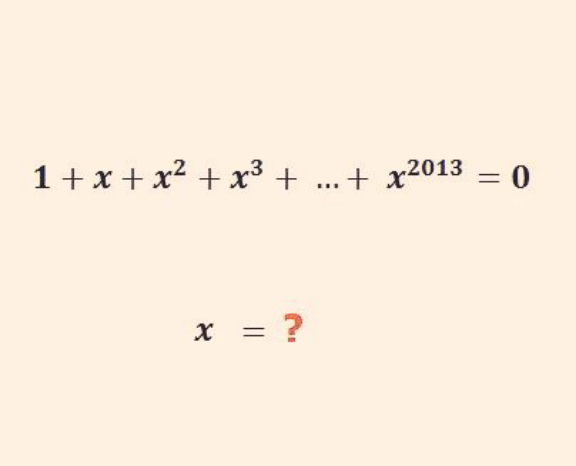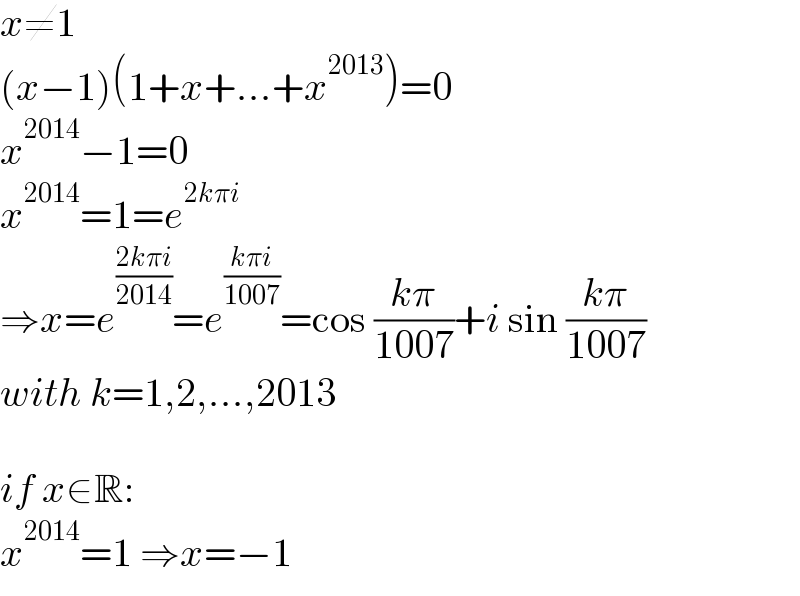
Question and Answers Forum
Question Number 177442 by peter frank last updated on 05/Oct/22

Answered by mr W last updated on 05/Oct/22

Commented by peter frank last updated on 05/Oct/22

Commented by Tawa11 last updated on 05/Oct/22

Answered by Strengthenchen last updated on 05/Oct/22

Commented by mr W last updated on 06/Oct/22

Answered by Rasheed.Sindhi last updated on 05/Oct/22

Commented by peter frank last updated on 05/Oct/22

